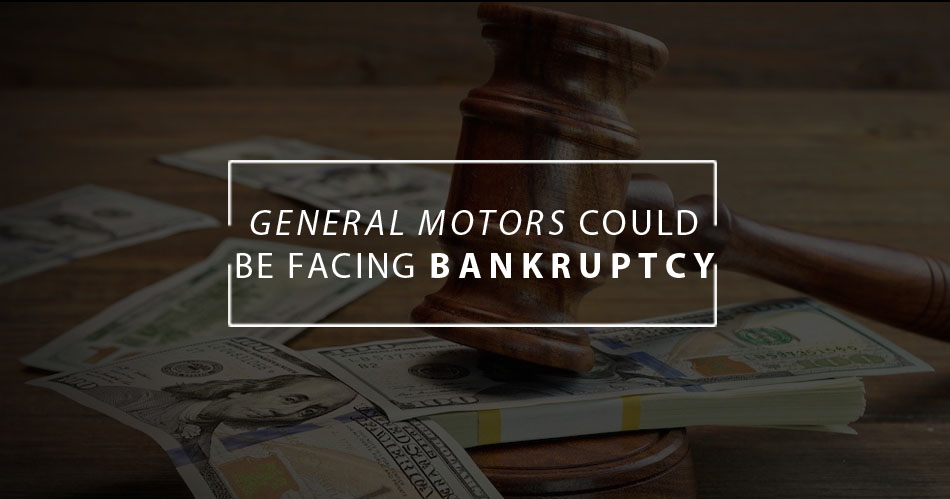
Almost everyone has a friend or relative in their life who has struggled with a bad habit that grew into an addiction. For many, it is smoking, drinking, and other unhealthy lifestyle choices. For others, gambling may become a problem that gets out of control. When it does, the addict usually racks up more gambling debts than they can manage. If you are struggling with this problem, you may be wondering if bankruptcy can help you.
The different chapters of bankruptcy in Phoenix, Arizona

In Chapter 13, debts are reorganized into a payment plan that the filer will pay over the course of 3-5 years. Certain debts, like the balance of an auto loan or past-due child support and spousal maintenance payments, must be paid in full in the plan. Other debts that are prioritized lower may only be partially paid in the plan, but the obligation for them will be discharged once the payment plan has been completed.
If you have the option between both Chapter 7 and Chapter 13 bankruptcy, you also need to understand the cost difference between the two chapters. While the filing fee for a Chapter 13 is lower ($310 versus $335), attorney representation is absolutely necessary in a Chapter 13 and costs much more than for a Chapter 7.
The length of the two chapters varies greatly and each will affect your credit differently. A Chapter 7 bankruptcy is typically completed within 4-6 months from the date the petition was filed. Except in special circumstances, a Chapter 13 bankruptcy either lasts 3 years or 5 years. The payment plan will be 3 years for filers who make less than the state median income level (which would qualify them for Chapter 7), and 5 years for those who make more than that amount. After the bankruptcy is discharged, a Chapter 7 will remain on your credit for 10 years from the filing date. A Chapter 13 bankruptcy will remain on your credit for 7 years from the filing date.
The source of the gambling debt

You may encounter difficulties discharging your gambling debt in bankruptcy if you secured your debt to any of your property. If you borrowed against the value of your home, car, or other property, your creditor will have a lien on that asset. You will either need to reaffirm (formally agree to repay with the bankruptcy court’s approval) that debt. Otherwise, you will have to surrender whatever property is being used as collateral to discharge the debt.
Another common type of gambling debt is a “marker.” Many casinos will require you to sign a marker to get chips before you can gamble. The agreement you sign for the marker may have language indicating that you have the amount you are borrowing from the casino available to repay. If you didn’t actually have those funds available at the time when you borrowed them, the court may view that as deceptive borrowing and those debts won’t be discharged in the bankruptcy.
seeking Treatment as part of the bankruptcy process
Filing bankruptcy only solves a symptom of the problem if you struggle with gambling addiction. You may want to consider seeking counseling and other treatment for your addiction before or during your bankruptcy. Some courts may see this treatment as proof that you did intend to repay a marker debt and therefore discharge it in your bankruptcy.
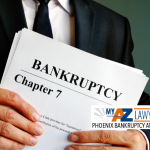
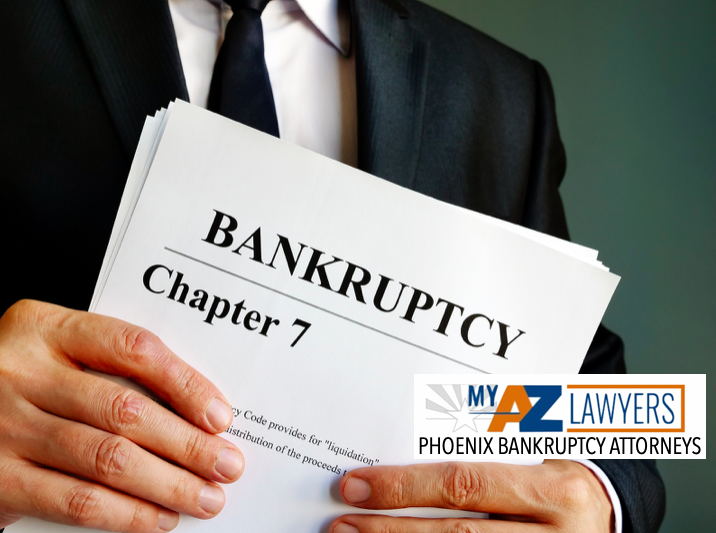 Chapter seven bankruptcy is probably the most frequent kind of bankruptcy filed in the United States. Nevertheless, not everybody is permitted to obtain their debts discharged under Chapter seven of the U.S. Bankruptcy Code, so the following are a few simple demands for a situation. To understand whether you qualify for this particular case type, talk with a
Chapter seven bankruptcy is probably the most frequent kind of bankruptcy filed in the United States. Nevertheless, not everybody is permitted to obtain their debts discharged under Chapter seven of the U.S. Bankruptcy Code, so the following are a few simple demands for a situation. To understand whether you qualify for this particular case type, talk with a  Talk with a Chapter seven
Talk with a Chapter seven 





 Are you aware that if you owe $5000 on a credit card it could take over 20 years to pay it off making the minimum payment? Meanwhile the credit card company is getting rich off the interest you pay them. Although they would never admit it, credit card companies really don’t like customers who pay their bill in full each month, thus denying them all that interest. And heaven forbid you are late on your payments, that will incur large late fees and can legally allow the credit card company to raise your interest rate much higher. It’s all in the fine print. Once you get behind and those fees begin to rack up it’s a fast, downward spiral of ever increasing debt.
Are you aware that if you owe $5000 on a credit card it could take over 20 years to pay it off making the minimum payment? Meanwhile the credit card company is getting rich off the interest you pay them. Although they would never admit it, credit card companies really don’t like customers who pay their bill in full each month, thus denying them all that interest. And heaven forbid you are late on your payments, that will incur large late fees and can legally allow the credit card company to raise your interest rate much higher. It’s all in the fine print. Once you get behind and those fees begin to rack up it’s a fast, downward spiral of ever increasing debt. If you find yourself feeling anxious about your debt all the time, and lose sleep at night because you are worrying about your debt, it may be time to find your way out. The first step toward debt free living is the hardest. You have to sincerely decide that you are willing to do whatever it takes to get out of debt. It won’t be fast and it won’t be easy, but it will be worth it to once again enjoy worry free days and peaceful nights. Since the credit card companies want to keep you in debt, the only way out is to stop using them. Just cut them up. That may sound harsh, but if you are in credit card debt, you have been spending more money than you have been bringing in.
If you find yourself feeling anxious about your debt all the time, and lose sleep at night because you are worrying about your debt, it may be time to find your way out. The first step toward debt free living is the hardest. You have to sincerely decide that you are willing to do whatever it takes to get out of debt. It won’t be fast and it won’t be easy, but it will be worth it to once again enjoy worry free days and peaceful nights. Since the credit card companies want to keep you in debt, the only way out is to stop using them. Just cut them up. That may sound harsh, but if you are in credit card debt, you have been spending more money than you have been bringing in.  Perhaps you have been living beyond your means, or perhaps it’s due to circumstances beyond your control, such as medical bills. It boils down to the same problem, more money is going out than is coming in. So, the next step is to either to spend less or earn more. If you can find a way to do both, you can become debt free even more quickly.
Perhaps you have been living beyond your means, or perhaps it’s due to circumstances beyond your control, such as medical bills. It boils down to the same problem, more money is going out than is coming in. So, the next step is to either to spend less or earn more. If you can find a way to do both, you can become debt free even more quickly.
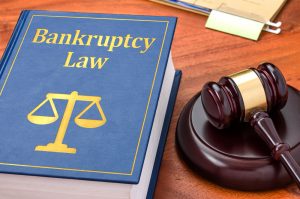 YOU SHOULD STOP FILING LAWSUITS
YOU SHOULD STOP FILING LAWSUITS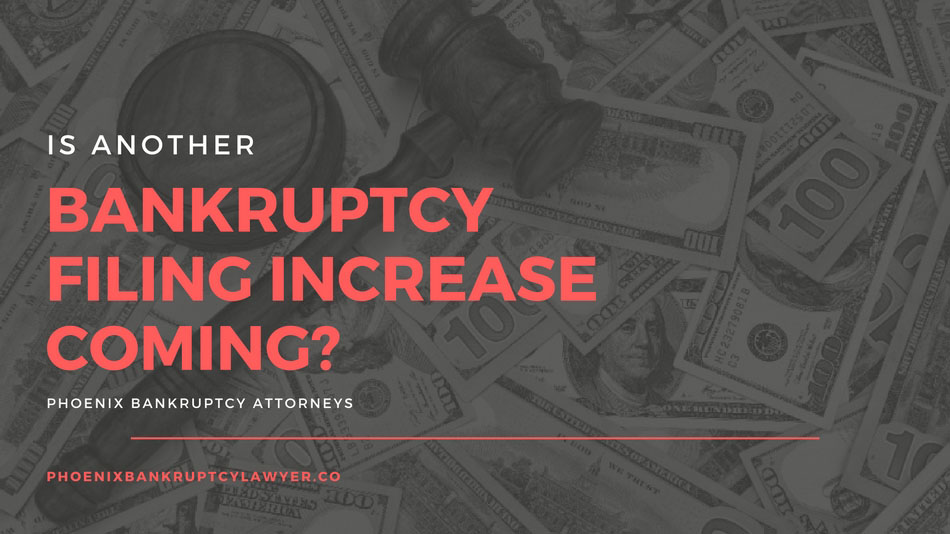
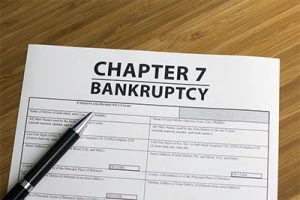 From 2005- 2010 all states showed an increase in
From 2005- 2010 all states showed an increase in 
 Also, you always want to keep in mind that the credit card holder wants to make money. That’s what they are in the business for. With interest, hidden fees, and other penalties, they make tons of money off other people, and they will try to do the same with you. If they don’t make money, the next thing they will try to do is not take a loss. They will do this at your expense, no matter how badly you are drowning in debt. Defaulting customers cost the creditors money, so they may compromise with you and get a portion of what’s owed to them instead of paying the collections agencies, implementing legal action, of having the debt discharged altogether when you file for bankruptcy. In addition to hurting you, it will also hurt the credit card holders. If you negotiate with the person you have called well enough, then you could reduce your debt a considerable amount and save yourself from horrible headaches in the future.
Also, you always want to keep in mind that the credit card holder wants to make money. That’s what they are in the business for. With interest, hidden fees, and other penalties, they make tons of money off other people, and they will try to do the same with you. If they don’t make money, the next thing they will try to do is not take a loss. They will do this at your expense, no matter how badly you are drowning in debt. Defaulting customers cost the creditors money, so they may compromise with you and get a portion of what’s owed to them instead of paying the collections agencies, implementing legal action, of having the debt discharged altogether when you file for bankruptcy. In addition to hurting you, it will also hurt the credit card holders. If you negotiate with the person you have called well enough, then you could reduce your debt a considerable amount and save yourself from horrible headaches in the future. 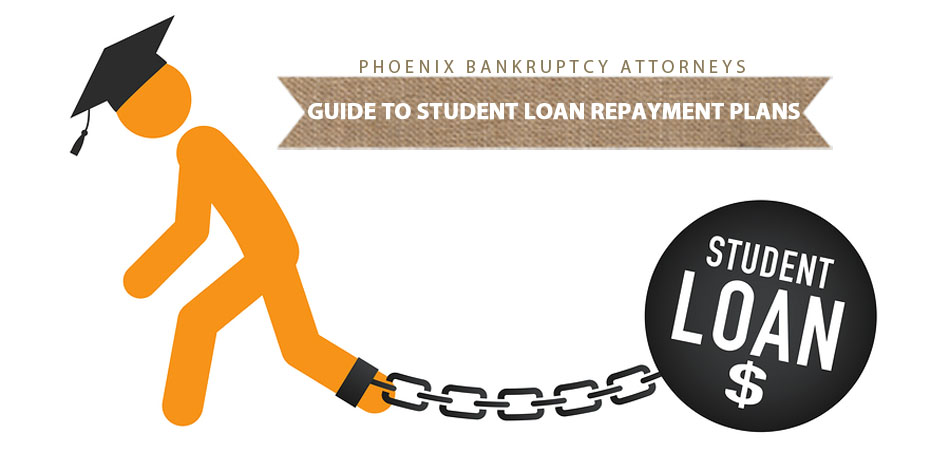
 If you have already graduated with a mountain of student loan debt, there’s not much you can do about it now. Student debt cannot typically be discharged in a
If you have already graduated with a mountain of student loan debt, there’s not much you can do about it now. Student debt cannot typically be discharged in a 

